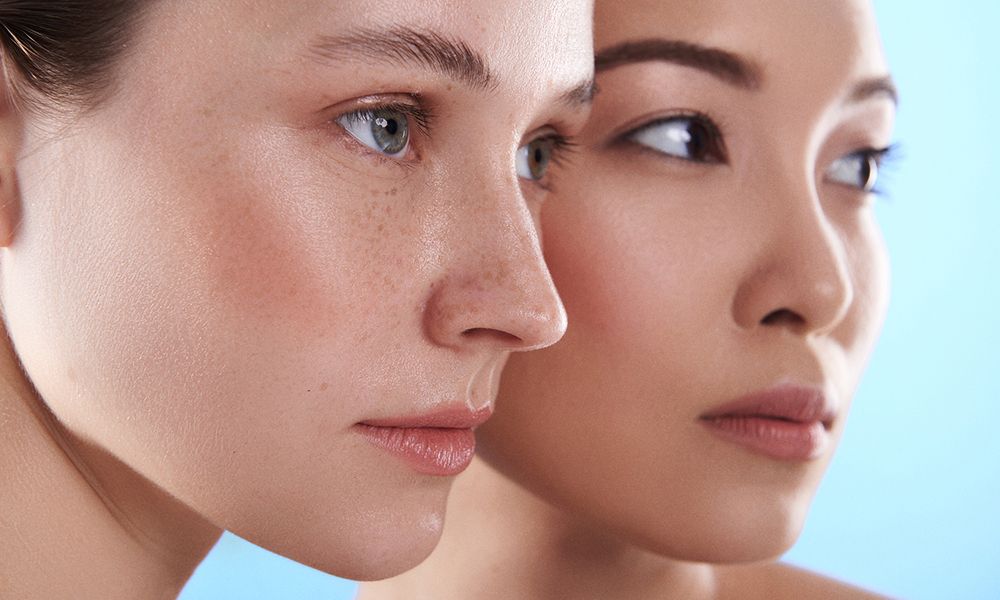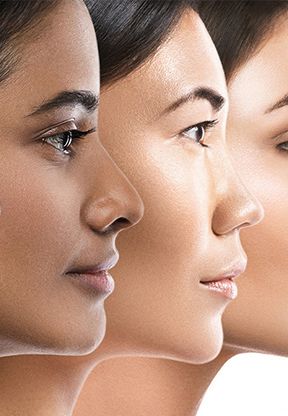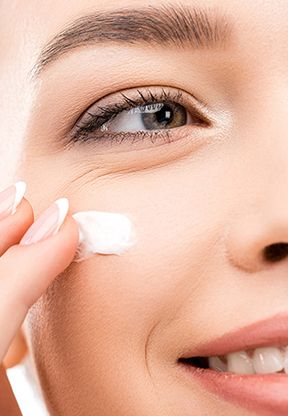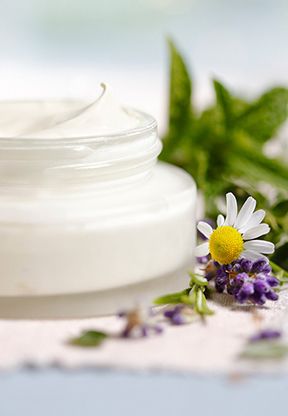Non-Toxic Versus Truly ToxicFree© | Know the Difference
Learn how you can be armed with awareness and know the difference between so-called “non-toxic” and truly ToxicFree© skin care products.
read more

Categories
Dive into beauty
stay trendy with our latest insights
What are Plant Extracts & Why Do We Use Them?
What are plant extracts & how do they differ from essential oils?
The REAL Reason You Get Sunspots
What causes these annoying blemishes, and how can you treat and prevent them.
Advice
Featured Videos
Subscription
Join our exclusive beauty community
Elevate your beauty journey with personalized recommendations and stay connected with a community that shares your passion for self-care. Subscribe now and embark on a beauty adventure with us!









